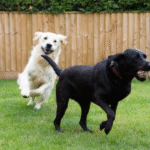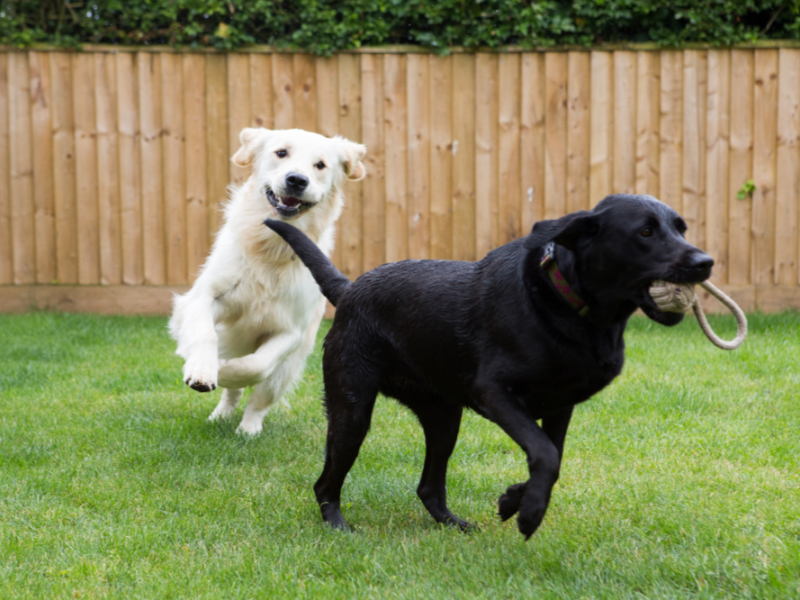When you board your dog, you’re not just trusting a facility to provide a safe place for them to stay—you’re also trusting them with your pet’s daily care, including something as important as nutrition. Just like at home, what your dog eats during boarding has a direct impact on their comfort, health, and happiness. That’s why understanding how boarding facilities handle feeding time can give you peace of mind and help your pup feel more at home while you’re away.
Why Nutrition Matters in Boarding
Dogs thrive on routine, and that includes their diet. A sudden change in food can lead to stomach upset, stress, or even refusal to eat. Since many dogs already feel some level of separation anxiety when away from their family, sticking to a familiar diet helps provide stability and reassurance. High-quality nutrition supports their energy levels, immune system, and coat health—making it an essential part of their overall boarding experience.
Bringing Your Dog’s Food From Home
Most boarding facilities encourage pet parents to bring their dog’s regular food. This helps ensure consistency and minimizes digestive problems. Owners are often asked to pack food in labeled containers or pre-portioned bags, making mealtime smooth and stress-free for both staff and pets. Not only does this reduce the risk of upset tummies, but it also allows your dog to enjoy the comfort of something familiar in an otherwise new environment.
Accommodating Special Diets and Allergies
Just like people, dogs can have specific dietary needs. Some require grain-free food, prescription diets, or meals tailored to manage conditions like allergies, obesity, or sensitive stomachs. Professional boarding facilities take these requirements seriously. Staff members are trained to handle special instructions, including feeding schedules, portion sizes, and supplement administration. This careful attention ensures that your dog’s unique health needs are met, even while you’re away.
The Role of Hydration
Nutrition isn’t just about food—it’s also about water intake. During boarding, staff monitor your dog’s hydration closely, making sure fresh, clean water is always available. Dogs that are nervous or adjusting to a new environment may need extra encouragement to drink. By keeping an eye on water consumption, boarding professionals help prevent dehydration and maintain your pet’s overall well-being.
Treats, Rewards, and Comfort Foods
Many facilities also incorporate treats into daily routines, especially during playtime or as positive reinforcement for good behavior. However, staff are careful not to overdo it, ensuring treats complement the dog’s diet rather than replace it. If your pet has a favorite snack, you can often bring those along too. Familiar treats are not only a tasty comfort but also a way to help your dog associate boarding with a positive experience.
Monitoring Eating Habits During the Stay
Another key benefit of professional boarding is close monitoring. Staff pay attention to whether your dog is eating normally, eating less, or refusing food altogether. Appetite changes can sometimes indicate stress or health issues, so caregivers respond quickly by offering comfort, adjusting feeding methods, or notifying you and your veterinarian if necessary. This attentive care ensures your dog’s nutritional needs don’t slip through the cracks.
Making Boarding a Positive Experience
Nutrition during boarding goes beyond just filling a bowl—it’s about maintaining your dog’s routine, supporting their health, and giving them comfort while they’re away from home. When handled correctly, mealtime can be a source of reassurance and joy for your pup, making the boarding experience much smoother.
✨ Final Thought:
When choosing a boarding facility, always ask about their feeding policies, how they handle special diets, and what steps they take to keep dogs happy and healthy at mealtime. After all, good nutrition is just as important during boarding as it is at home—and when your dog eats well, they feel well, no matter where they are.





